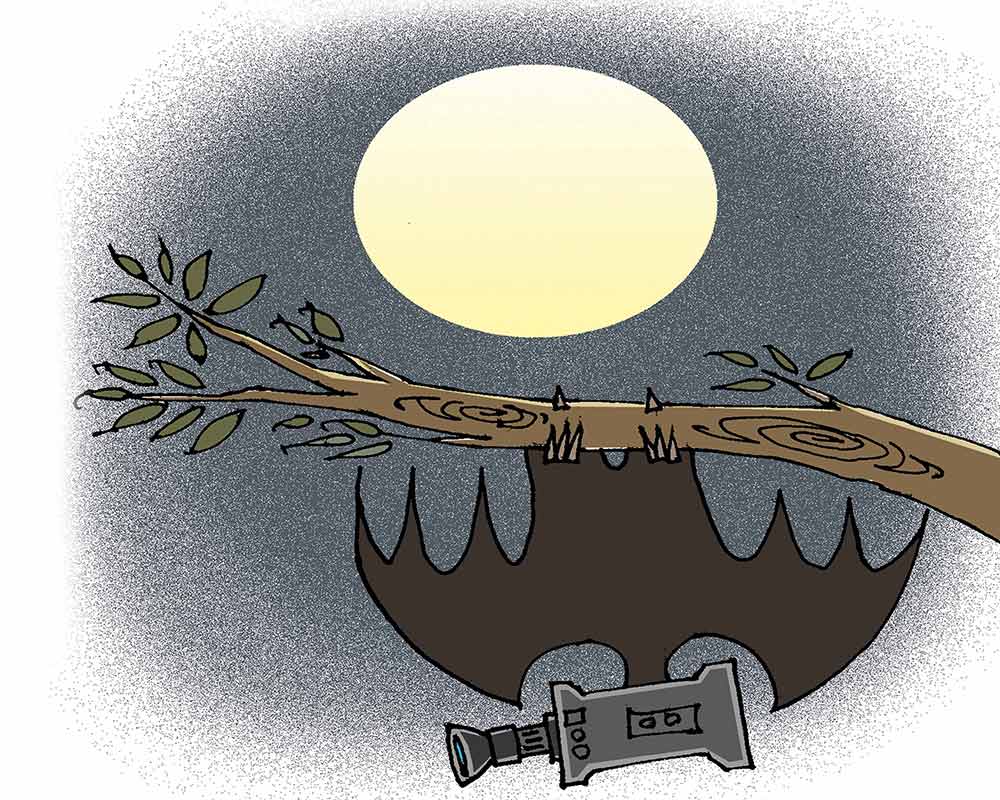In this century, national elections across the globe are rigged on social media. Online social networks can make or mar any election, be it the US, the UK, France, Brazil, India, or African nations. There are just a few unanswered questions: If everyone knows about it, and there is enough evidence floating around about these malaises, why doesn’t someone do something about it? Why do we hear and read about internal and external malicious influences in every election on a regular basis? Why doesn’t this stop or reduce?
It seems that the policy makers are sleeping over these issues. The electoral regulators are in a state of comatose. The social media and technology companies don’t wish to fix anything because it will break their business model, reduce revenues and profits, and diminish their monopolies. The political parties know that they can only win elections if they play the social media smartly. The voters, as usual, are helpless. In the end, nothing, or not much, gets done. Everything is drowned in the social media cacophony.
Since the US presidential elections, when it was alleged that Russia used social media platforms to help Donald Trump to win, there was brouhaha about technology and elections. Policy makers twisted and tweaked the laws. On an almost monthly basis, tech companies such as Google, Facebook, and WhatsApp gave out statements on how they will regulate and monitor the use of their platforms to prevent misuse and malpractices in political campaigns. Regulators woke up, and gave recommendations. In reality, nothing changed; the elections continued to be manipulated.
As we mentioned earlier, the political parties want to continue to use social media because it is a great tool to influence fence-sitters and youth, especially the first-time voters. Hence, they want to impose minimal curbs. Only when they lose the elections do they rave and rant. Barack Obama, the former US President, and Narendra Modi (2014) successfully proved that today’s FB and WhatsApp are the previous century’s television, which was first used effectively by John F. Kennedy to win the US elections in 1960.
For the technology companies, user-generated data, trillions and trillions of meta-data, is the crucial raw material to earn revenues and profits. Without the use and sale of this data, their business model collapses. Hence, they need to encourage users, corporate, and political parties to be on the platforms, rather than discourage them. This never-ending greed, plus the power and influence they enjoy as monopolies, forces them to cut corners, jump red lights, and speed away, rather than drive within limits.
Here is a nugget of insight about the regulators in general, although it is specific to the Election Commission of India (ECI). “The ECI does not have the expertise, technology and skilled workforce to monitor political advertising, either by the political candidates or political parties, on social media, and check malpractices,” says Jai Karan Singh, Co-founder and Managing Partner, Parijaat Media Ventures, which also handles political campaigns. This, in a nutshell, describes the paralysis within the ECI. Alam Srinivas and MG Devasahayam report.














































